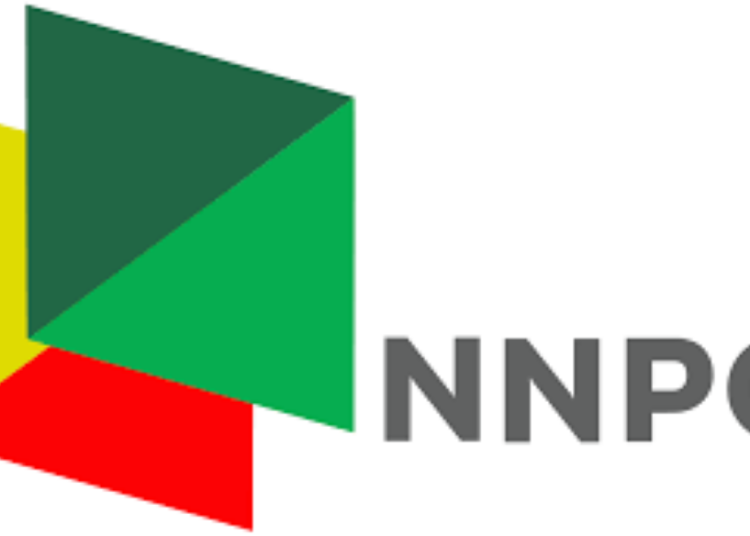Civil Society Organisations (CSOs) have asked the federal government and the Nigerian National Petroleum Company (NNPCL) to provide a comprehensive account of the $20 billion spent on refinery repairs since 2007.
The CSOs under the aegis of the Nigerian Coalition of Civil Society Organisations (NICOCSO) said
Nigerians deserved to know why the country’s refineries remained dormant despite enormous expenditures.
Addressing journalists in Abuja on Tuesday, Kennedy Tabuko, spokesperson of NICOCSO, urged President Bola Ahmed Tinubu to halt the importation of 1.6 billion litres of premium motor spirit, commonly known as petrol/fuel.
Tabuko said the decision to import over 1.6 billion litres of Premium Motor Spirit was not just a policy misstep but a deliberate move to undermine Nigeria’s local refining potential, cripple the economy, and deepen the hardship faced by ordinary Nigerians.
“The importation of such an enormous volume of PMS places undue pressure on Nigeria’s foreign exchange reserves. With the naira already struggling against major currencies, this decision will exacerbate the depreciation of our currency.
“A weaker Naira means higher inflation, making life harder for Nigerians as goods and services become increasingly unaffordable. The added cost of importing fuel undermines our goal of achieving energy independence while draining resources that could have been invested in local refineries.
“It is alarming that the imported PMS is reportedly of substandard quality, damaging vehicles and increasing maintenance costs for millions of Nigerians. From taxi drivers to small business owners, this poor-quality fuel is wreaking havoc on livelihoods. This is unacceptable in a country with abundant crude oil and refining potential.
“For decades, billions of dollars have been spent repairing refineries, with numerous promises of functionality. Yet, none of Nigeria’s three major refineries are operational today. Instead of supporting local refining, the NNPCL perpetuates a cycle of dependency on imports—stifling local initiatives and sabotaging job creation.
“The NNPCL must set and announce a clear start date for operations at Nigeria’s three major refineries. The people of Nigeria, as the true owners of these refineries, deserve transparency and a commitment to deadlines.
“While the NNPCL argues against monopoly in the industry, it enjoyed monopoly privileges for decades. Now, with policies that could encourage competition and local growth, the NNPCL must step up and support the operationalisation of local refineries,” he added.





